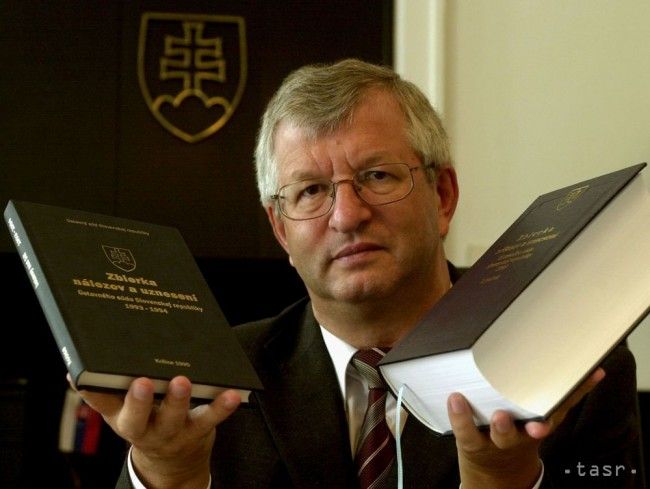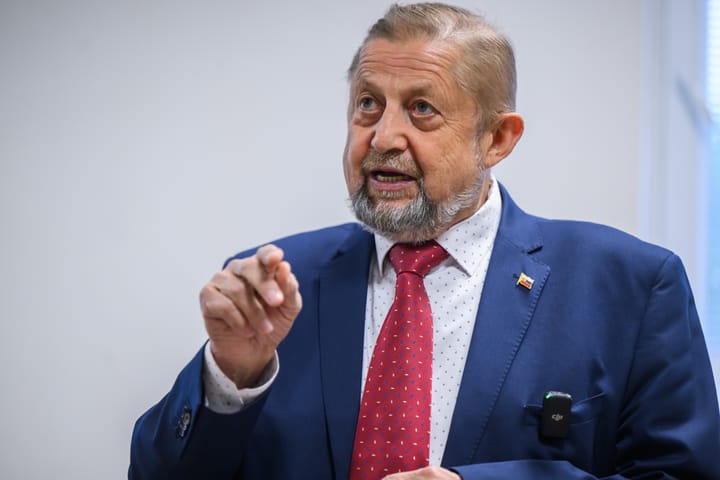Mazak, Rumana and Kucera Place Bids for Post of EGC Judge

Bratislava, January 12 (TASR) – Three candidates – Jan Mazak, Ivan Rumana and Michal Kucera – will stand in an election at the Judicial Council in late January aimed at selecting a candidate to occupy Slovakia’s allocated post of additional judge of the European Union’s General Court (EGC), Judicial Council spokesperson Veronika Mueller announced on Friday.
The deadline for submitting bids was January 10. Mazak and Rumana have already run in the past, while Kucera is a new bidder.
Mazak, a former Constitutional Court chairman and current advisor to President Andrej Kiska, was proposed by Judicial Council member Jozef Vozar. Meanwhile, Rumana, a member of the Supreme Court, was nominated by Judicial Council member Daniel Hudak and the Association of Slovak Judges. Kucera, who serves as a lawyer at the European Court for Human Rights in Strasbourg, was jointly nominated by the Slovak Bar Association and the Chamber of Notaries.
The consultative committee of the Council of the European Union in late 2016 rejected the bid of former Siet (Network) MP Radoslav Prochazka due to concerns about his personal integrity. It pointed to suspected attempts to avoid taxation on certain expenditures during his presidential campaign in 2014. Maria Patakyova, who eventually became the ombudswoman, was rejected in Luxembourg even before Prochazka due to her insufficient knowledge of French, the working language of the court.
Slovakia managed to acquire one of the 12 posts of additional judges who should have joined the court as of September 1, 2015.
The General Court is the first-instance body of the European Court of Justice in Luxembourg. It was set up in 1998 to provide two-stage judicial supervision in certain areas and in order to relieve the Court of Justice itself.
The General Court is made up of at least one judge from each member state (28 as of 2013, plus the additional 12 posts). The judges are appointed by common accord of the governments of member states. Their term of office is six years and is renewable. The judges appoint their president from among their own ranks for a period of three years.



